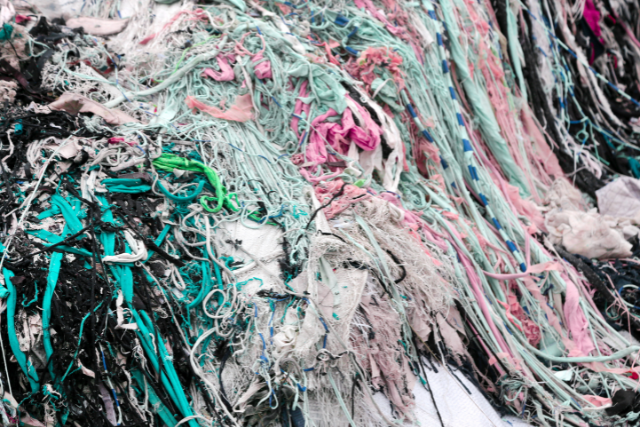Statement on the Council negotiations about the Waste Framework Directive

RREUSE welcomes the recognition of social enterprises’ role in driving forward the circularity of textiles, expressed by numerous EU ministers during the latest Environmental Council of March 25. Amidst discussions in the Working Party on the Environment to examine a new compromise developed by the Belgian Presidency on the Waste Framework Directive, we highlight two critical concerns from the perspective of social enterprises:
Lack of inclusive governance framework
Setting up a robust and inclusive governance framework within the governance of Extended Producer Responsibility (EPR) schemes is a prerequisite for the future system to work well, and in line with the waste hierarchy. A recent white paper by researchers from Utrecht University explains how involving all circular value chain stakeholders in decision-making mechanisms, including social economy actors and municipalities, would counter monopolistic behaviour by producers who tend to focus exclusively on recycling. This would therefore be conducive to increase the environmental performance of EPR schemes by driving up reuse rates. According to available information the Council has not addressed this aspect of the future EPR schemes.
→ RREUSE recommends introducing a clear provision in Art. 22a, paragraph 3 to ensure that all relevant stakeholders are fully involved in the decision-making mechanisms of EPR schemes, in line with the European Parliament’s Report.
Cost-coverage for social reuse operators
Proposals to request Producer Responsibility Organisations (PRO) to require a contribution from social economy actors engaged in textile reuse are deeply concerning. Such measures would run counter to the environmental objectives at the basis of the whole concept of Extended Producer Responsibility. Requiring social reuse operators to contribute to the PRO would be a major distortion of the polluter pays principles. Instead of being financially supported for the costs that they incur in carrying out their reuse activities, reuse operators would be forced to pay a contribution for clothes they did not produce themselves. Paradoxically this would mean that reuse operators would be required to pay for the overproduction generated by fast fashion brands. Furthermore, introducing a similar proposal without a proper impact assessment also raises major concerns due to the risk of unintended effects.
→ RREUSE strongly recommends rejecting the idea that social reuse operators should be subject to the payment of contribution to the PRO. The proposed amendment to Art. 22a, paragraph 6, should be deleted. The Council should revert to the Commission’s original proposal.
“We welcome the swift progress made in the negotiations and urges the representatives from the Member States to translate the Ministers’ resounding support for waste hierarchy and the role of social enterprises in textile EPRs into the Council’s General Approach on the Waste Framework Directive,” said Edoardo Bodo, Environment Policy Officer at RREUSE.
For media inquiries, please contact: Edoardo Bodo, Environment Policy Officer, edoardo.bodo@rreuse.org

